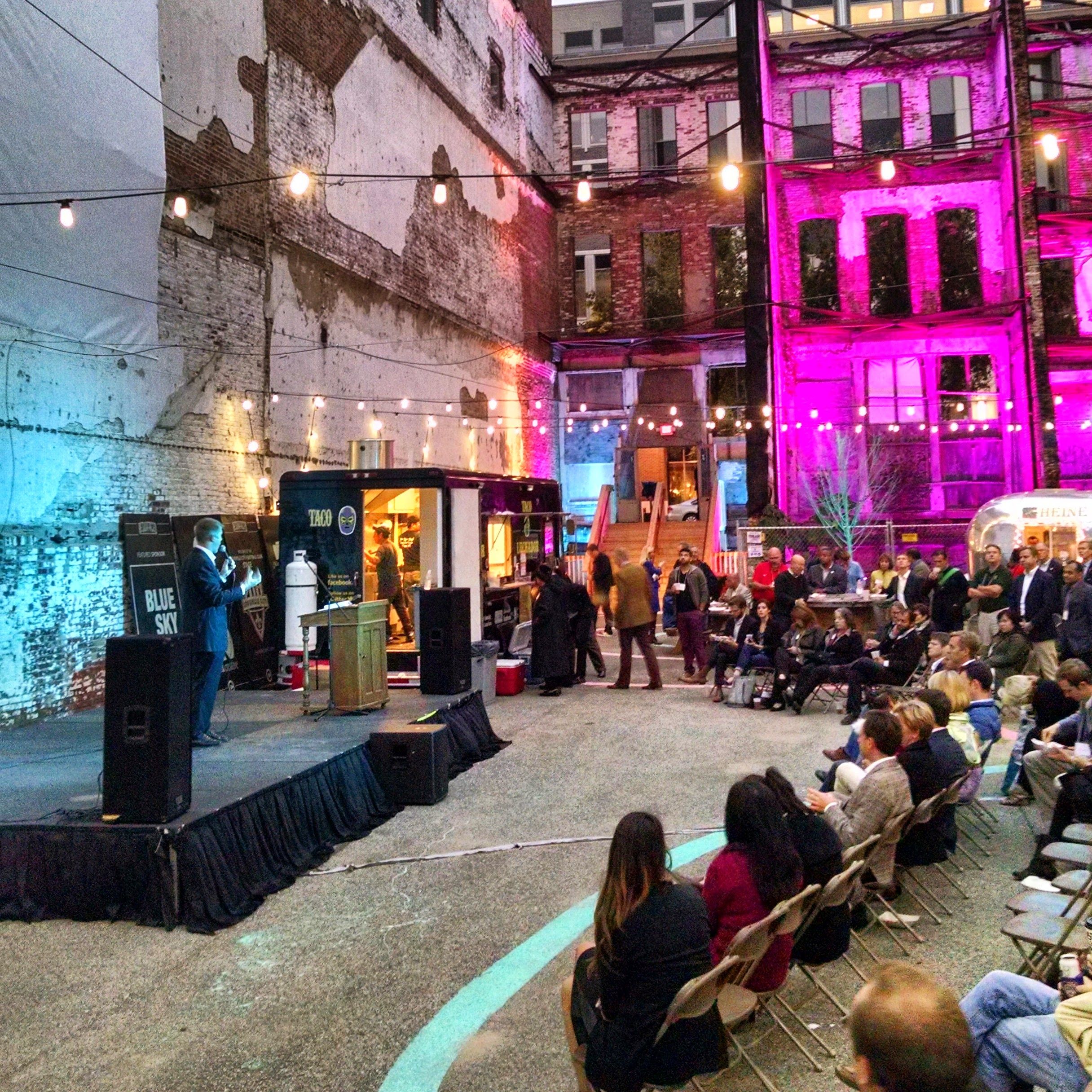Village Capital, the entrepreneur community and accelerator, has launched its third agriculture-focused accelerator programme and is calling for applications.
The organisation, which finds, trains and funds entrepreneurs that are solving global problems, is looking for entrepreneurs that are tackling the following issues:
- Helping make the agricultural supply chain more resource-efficient;
- Helping farmers produce more crops with fewer inputs in an environmentally sustainable way, with a particular emphasis on increasing the productivity of small farms;
- Helping our food system aggregate and distribute food using fewer natural resources.
The agriculture accelerator will involve three 4-day workshops over a four-month period for 12 selected ventures. These workshops will help them refine their pitches, develop or improve their financial business model, develop a value proposition, engage with like-minded stakeholders and agriculture experts.
Entrepreneurs in the programme will have one-to-one exposure to expert mentors from farmers to customers to investors, who will help them during workshops.
But the peer-to-peer collaboration the programme offers is it’s real selling point, according to Whitney Muse, the programme leader. “Participating entrepreneurs can offer each other honest feedback on the strengths of each others’ business ideas but also on their concerns,” she said. “Each of the venture will have their own niche within the sector so they wont be competing with each other.”
Village Capital and Radicle Capital, a Louisville, Kentucky-based early stage venture capital firm, will invest $100,000 in total into two winning ventures. These ventures are selected by their peers through a scoring system based on certain criteria. While the scoring at the end is the only one that counts, peers are scoring each other continuously throughout the programme in a transparent system to encourage honest and constructive feedback, said Muse.
Ventures that don’t receive funding from Village Capital and Radicle Capital are very likely to receive funding from other investors that attend a demo day at the end of the programme; some 60 percent of participants receive funding from angel investors, consumers and venture capitalists, according to Muse.
“The investors [at demo day] are mostly angel investors, but our key mentor is a venture capitalist who is very involved in agri. I think some VCs want to be on the leading edge of innovation and are looking for companies to purchase and build into an existing portfolio company,” she said.
The programme mirrors the two before it, except that one of the workshops will be held in New Orleans, as Village Capital returns to the city after five years; New Orleans hosted the company’s first programme where the company invested into a local flip flop company called FeelGoodz. New Orleans will now be a sister city to Louisville for the programme and Village Capital will work again with Idea Village, an entrepreneurial network in the city.
Village Capital has now worked with 450 entrepreneurs, across 32 programmes and six sectors globally. Participating entrepreneurs are making 4.5 times more revenue and raising 20 times more capital than a control group of ventures that did not make it onto the programme, according to Muse.
The deadline for applications is September 1, 2015. For more information and to apply click here. Whitney Muse can also be reached with any questions here.





